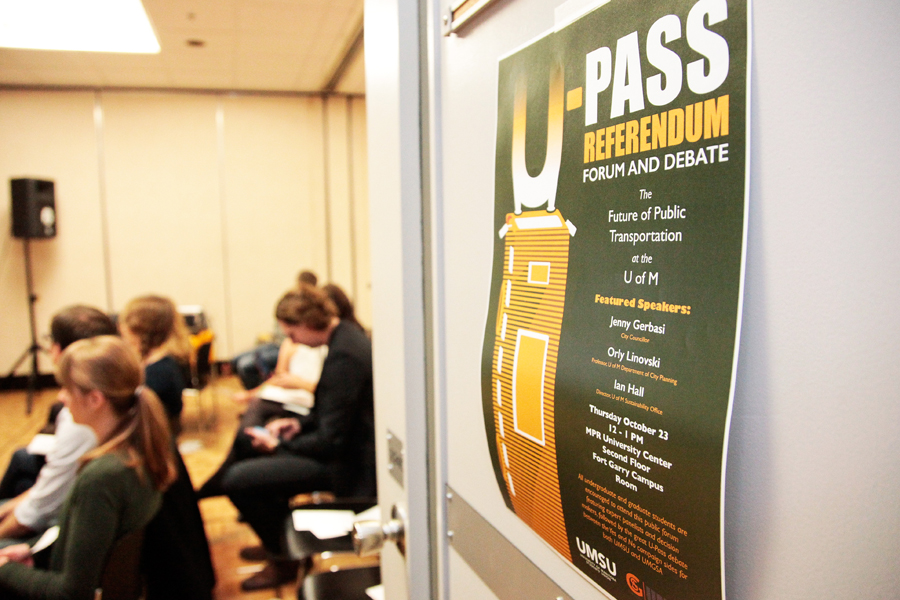Multi-disciplinary artist and U.S. Girls mastermind Meg Remy never stays in the same place creatively for too long.
The Illinois-born, Toronto-based songwriter started the project over a decade ago as a vehicle for experimental explorations, but has since traversed a number of genres with an ever-expanding cast of collaborators.
The artist’s breakthrough came in 2018 with In A Poem Unlimited, a look at Trump-era late-stage capitalism and gender politics through the prism of impressively groovy E Street Band worship and blue-eyed soul.
The project’s long and wide career is defined largely by Remy’s penchant for high concept, feminist and eccentric lyrical style. She is admirably fearless in incorporating the specifics of contemporary politics and technology into her songs.
This conceptual lyrical flair is also, realistically, the only unifying aspect of Bless This Mess, a departure from U.S. Girls’ past two records, but a departure in several different directions at once.
In a broad sense, the album shifts decades from the ’70s to the ’80s, but all kinds of ’80s — from synth funk to soft rock to Italo house to dream pop. The variety is engaging but also deeply confusing.
In some places the excursions work, like the extended boogie workout “Tux (Your Body Fills Me, Boo),” sung from the perspective of a flattering suit that has gone tragically out of style, or the club jam lead single “So Typically Now,” a well-rendered gothic synth pop track that is unfortunately about the COVID-era young professional migration out of big cities.
Elsewhere, songs fall fully flat. Like the UB40-by-way-of-Casio-keyboard-demo reggae duet “Screen Face,” an already-dated musing on the trials of Zoom dates.
Where past U.S. Girls albums sparkled with righteous anger and took decisive, pointed views on their subjects, Bless This Mess is sadly content to shrug its shoulders.
Contemporary topics are presented as if U.S. Girls is making a point about them, but she shies away from ever taking too strong a stance.
You could call this the complexity and nuance that comes with age and newfound domesticity, and maybe that’s true, but I can’t see what place the bemused snark of a New Yorker article has in a dance song.
Not to put too fine a point on it, but Bless This Mess is indeed a bit of a mess. In some places a very interesting mess, but too often it’s just frustrating and unfocused.
Bless This Mess is available on major streaming services.





